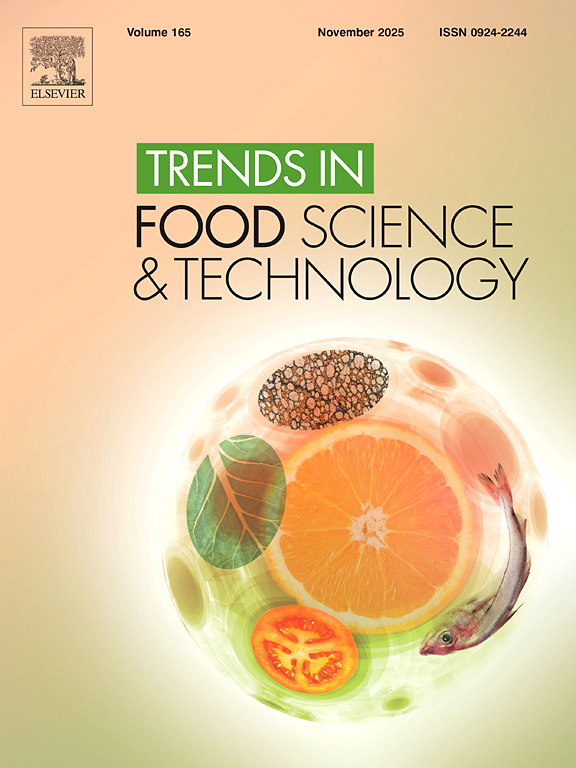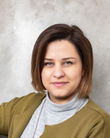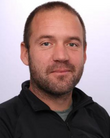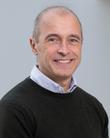The 2GETHER Hub focuses on linking the use of full potential of blue-green resources and waste in a sustainable, circular and convergence research approach.
What are we interested in?
The ability to add value to residuals is illustrated by e.g., blue resources and side streams such as shellfish, jellyfish, seaweeds, and small pelagic fishes that can be used as bio stimulants, micro and mineral rich super fertilizers, organic fertilizers, for soil quality improvement, and as a sustainable protein source. In addition, using blue resources can aid in moving aquaculture and sea farming on land.
The success of blue-green innovations is contingent on discovering the right combination of product qualities that match market demands.
What are the main challenges?
The main challenges relate to the ambiguity of food sustainability, reducing blue-green food loss and waste, and how to add value to the resources:
- How should a vital circular economy based on valorisation of residuals be arranged, in a way that both blue and green economies are adapted to innovation?
- How should we in the future move from waste to feed to food by reusing of both green and blue residuals to promote sustainable food consumption and facilitating the shift to sustainable diets?
Key characteristics of the Hub
One way to rethink the use of food waste and other potentially useful forms of biomass produced in the agricultural sector are through use of different blue and green biological environments to add value to different waste and by-products. Different invertebrates, bacteria and fungi are examples of this, and can utilize both blue and green resources as growth substrates, that are otherwise of low value or lost, to produce e.g., protein relevant in both blue and green economies. They can thus link use of both blue and green resources together.
The Hub expects to be able to characterise the efficient use of blue-green waste and resources from farm to fork, through convergence research approach. In addition, the goal is to identify links between use of friendly blue-green resources and waste using an iterative approach. Hub 2GETHER also aims to identify best practices for sustainability-related behaviour change and its adoption that could be further implemented into demand-side policies. Finally, the Hub work should facilitate policy advice on the macro, meso, and micro level.


Who are we?
Current resources in the Hub include experimental sites and pilot plant for different biological systems, as well as chemistry/ biotech labs for testing valuable ingredients, and biorefineries for extracting and fractionating biomolecules. The Hub also have the knowledge and insights with regards to e.g. optimizing production of insects for food and feed, insect breeding, host-microbiome associations, stress tolerance of insects and plants, and use of different invertebrate model organisms. We have access to state-of-the-art technological platforms for studying e.g. DNA, RNA or proteins relevant for a successful sustainable blue-green transition. Socioeconomic living labs alongside the supply chains, and feed and food production labs are also represented in the Hub. Cognition and Behavior Lab is also an asset of HUB 2GETHER that has necessary infrastructure for studying human behavior, interaction, and thinking, such as labs for sensory and experimental research, equipment as eye-tracking, VR, EEG, psychophysiology, and other resources the researchers need to conduct controlled behavioural experiments.
Hub activities
New 2GETHER Publication: The Why and How of A Circular Blue-Green Bioeconomy Integration
START thrilled to share the latest commentary from our START'ers published in 𝘛𝘳𝘦𝘯𝘥𝘴 𝘪𝘯 𝘍𝘰𝘰𝘥 𝘚𝘤𝘪𝘦𝘯𝘤𝘦 & 𝘛𝘦𝘤𝘩𝘯𝘰𝘭𝘰𝘨𝘺: “The why and how of a circular blue-green bioeconomy integration”
This work was developed within the START 2GETHER HUB🌏
Led by HUB-coordinators Marija Banovic, Jamileh Javidpour, and Simon Bahrndorff, the 2GETHER HUB brings together researchers from social sciences, marine biology, evolutionary biology, food technology, and entomology to rethink how aquatic (blue) and terrestrial (green) bioeconomies can be integrated through circular product design.
👏 A huge thank you to the brilliant authors:
Marija Banovic Jamileh Javidpour, Mette Lübeck, Jessica Aschemann-Witzel, Morten Limborg, Annette Bruhn, and Simon Bahrndorff — this work is a testament to interdisciplinary collaboration and shared vision.
🌱 Why does this matter?
Because our food systems urgently need to move beyond siloed thinking. Integrating marine and land-based resources opens new pathways to reduce waste, valorize by-products, and design sustainable foods and feeds.
🔬 What makes this special?
The paper reflects a true interdisciplinary effort, bridging natural and social sciences to outline four key “crystallization points” for advancing blue-green integration.
🤝 Collaboration across START HUBs
While anchored in 2GETHER HUB, this project also engaged perspectives from HUBs People & Practices and Future Agrifood Systems, strengthening the dialogue between technology, ecosystems, and society.
📖 Read the paper by clicking below
We hope this work contributes to the ongoing debate on the future of sustainable food systems and inspires further collaboration across disciplines and sectors.
Writing Retreat March 2025
An inspiring inspiring writing retreat with the 2Gether Hub has just wrapped up!
The writing retreat brought with it a few days filled with ideas, collaboration, and deep reflection on how we can shape a more sustainable and resilient food system.
Here, the Hub Coordinators Marija Banovic, Jamileh Javidpour, Simon Bahrndorff along with Benyamin Khoshnevisan explored how circularity and bioeconomy can be powerful levers for transformation.
For a better future of our food system, we must bring together the green and the blue - integrating terrestrial and aquatic resources, knowledge, and innovations. It is only through this holistic approach that we can unlock the full potential of sustainable food production.
Thanks to the support of START, this retreat was a great step forward in translating our ideas into impact.
Let’s keep working 2Gether for circular solutions!
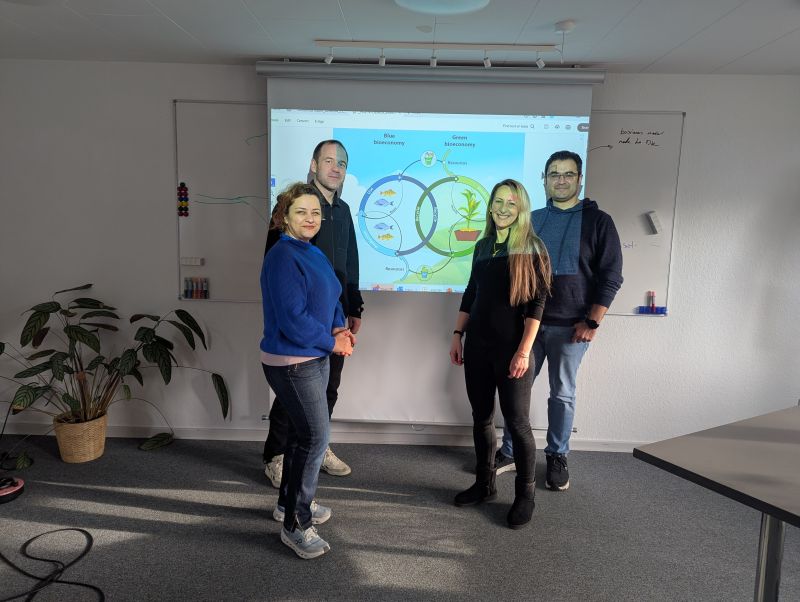
Register for the MAPP Conference 2024!
The 2Gether Hub invites you to a MAPP Conference 2024 to explore the future of food with innovative insights from top speakers in academia and industry (see Programme).
Hear from experts like: Jakob Skovgaard, PlanetDairy; Nina La Cour, Lidl, and don’t miss the engaging roundtable discussion with speakers as Chris Berry, Colorado State University and Marlene Boiesen, Novonesis.
Register now to secure your spot: https://events.au.dk/mappconference2024
EUROSENSE 2024 in Dublin
Just back from EUROSENSE 2024 in Dublin, and what an incredible experience it was!
Marija Banovic had the pleasure of giving a talk on consumer acceptance of novel foods and presenting the START 2GETHER Hub, which explores collaboration in driving forward circularity in the food system. It was amazing and inspiring to see so many people passionate about the same vision of a sustainable future.
Of course, it was also a joy to reconnect with colleagues from the field, exchanging ideas and insights that surely will shape the future of the our work.

Enhancing Sustainability and Biodiversity at Kerteminde Algae Farm
A new initiative focusing on enhancing sustainability and biodiversity at the Kerteminde Algae Farm has begun. We are working closely with the local farmer to develop and implement a comprehensive monitoring plan. This initiative aims to support best practices in marine farming, ensuring the optimal timing for deploying new lines and harvesting sugar kelps.
By fine-tuning these processes, we aim to boost the farm's contribution to biodiversity while exploring the potential of algae as a sustainable alternative to traditional protein sources. This project addresses the pressing need to shift from green to blue resources for food and feed, offering a promising pathway towards a more sustainable future.

Writing Retreat 2024
On April 10th-12th 2024 the 2Gether Hub coordinators had the pleasure of hosting a productive writing retreat for the 2Gether Hub, joined by the Associate Professor Giovanni Sogari from the University of Parma in Italy.
During this focused gathering, we worked diligently on our paper, which emphasizes the Hub's focus on harnessing the full potential of blue-green resources and waste through a sustainable, and circular approach.
Moreover, the retreat was not just about refining existing ideas but also exploring new horizons. We brainstormed potential future project proposals centred around the integration of the blue and green circular bioeconomy. These discussions opened up exciting pathways for sustainable development and showcased the dynamic synergy between current research and future possibilities.

Visiting Ghent and Trømso
The audience showed great interest in our vision of HUB 2GETHER and the blue and green bioeconomy as an integrated approach that combines the principles and practices of both the blue (marine and aquatic) and green (terrestrial) bioeconomies when our coordinator, Associate Professor Marija Banovic from Aarhus University, recently presented HUB 2GETHER’s unified vision of the blue and green bioeconomy at Ghent University's Department of Agricultural Economics in Belgium. HUB 2GETHER’s vision seeks to leverage the strengths and resources of both realms to create a more sustainable and resilient economic model.
Marija also showcased HUB 2GETHER's conceptual framework at the International Food Marketing Symposium (IFMRS Conference) in Tromsø, Norway, where she won the award for Best Paper and Presentation.

Meeting with BioInnovation Institute by Taylor Cooney
Kick-off meeting
Upcycling, recycling (session 1)
Using upcycled sources to develop plant-based products: The IPSUS project / by Giovanni Sogari, Assistant Professor in Consumer Behavior, Department of Food and Drug, University of Parma, Italy
Biorefining and upcycling of agricultural side-streams using fungi / by Mette Lübeck, Associate Professor | Research coordinator Sustainable Bioresource Technology, Section for Bioscience and Engineering, Department of Chemistry and Bioscience, Aalborg University
Out of the blue and into the green - The potential of blue mussels and seaweed as mediators of sustainable nutrient recycling in Aquaculture / by Morten Tønsborg Limborg, Associate Professor, Head of Section, Center for Evolutionary Hologenomics, GLOBE Institute, University of Copenhagen
Sustainability (session 2)
How can we convey the sustainability of seafood products? / by Themistoklis Altintzoglou, Senior Scientist in Consumer Research, Nofima, Norway
Innovative approaches to the sustainable uses of marine resource / by Efthalia Arvaniti, SubMariner network
Sustainable food packaging. Current and future challenges / by Emmanouil Tsochatzis, Associate Professor at Department of Food Science, Aarhus University
Engagement (session 3)
Engaging local community through sea gardening / by Bernt Kjær Sørensen, Kerteminde Maritime Haver
The Insect Revolution: Engaging Diverse Scientific Disciplines / by Jeffery K. Tomberlin, Professor & AgriLife Research Fellow. Presidential Impact Fellow. Department of Entomology. Texas A&M University
Edible insects - Powering circular economy in an urban environment / by Jakob Lewin Rukov, PhD, CEO Bugging Denmark
Academic coordinators
Jamileh Javidpour
University of Southern Denmark
Phone: +45 65 50 84 83
E-mail: jamileh@biology.sdu.dk
Simon Bahrndorff
Department of Chemistry and Bioscience
Aalborg University
Phone: +45 99 40 36 14
E-mail: sba@bio.aau.dk

